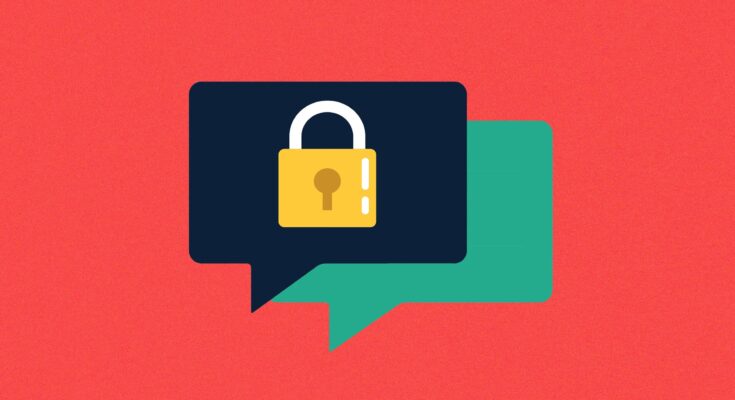Have you ever heard someone say, “I don’t need to encrypt my messages; I have nothing to hide”? This seemingly harmless statement reflects a common misconception about digital Privacy and encryption. In a world where our online activities and communications are constantly monitored and collected, the notion of having “nothing to hide” is dangerously naive. This blog article will dissect the “nothing to hide” argument and explain why encrypting your messages is crucial, even if you believe you have nothing to conceal.
The “nothing to hide” mindset stems from a simplistic understanding of Privacy and a willingness to sacrifice it for convenience or a perceived sense of security. Here’s why this line of thinking is problematic:
- Privacy is not an indicator of wrongdoing – International laws and frameworks recognize Privacy as a fundamental human right. Just because you have nothing to hide doesn’t mean you should surrender your right to Privacy. Encryption protects your personal information, thoughts, and activities from unauthorized access, ensuring you control your digital footprint.
- Unforeseen future risks – Today’s innocuous data become tomorrow’s sensitive information. As technology advances, the potential for data misuse also increases. By encrypting your messages, you safeguard your data from unknown future threats. Encryption future-proofs your Privacy, ensuring that your communications remain secure even with advancements in data extraction and analysis techniques.
- Protecting yourself from unscrupulous actors – Cybercriminals, data brokers, and government agencies may target your unencrypted messages. Your data has value; without encryption, it is intercepted and sold for profit. Encryption ensures that your data remains private and cannot be accessed or used without your permission or awareness.
- Preventing misuse of power – Government surveillance and data collection have raised concerns about the abuse of power. Encryption checks this power, ensuring that any surveillance is authorized, necessary, and proportionate. Encryption safeguards your entitlement to Privacy and freedom of expression, shielding them even from individuals in positions of authority.
Benefits of encryption extend beyond your personal life
- Empowering whistleblowers and Journalists – Encryption plays a crucial role for whistleblowers and journalists uncovering corruption, human rights violations, and other misconduct. It allows them to communicate sensitive information securely, protecting their sources and themselves from retaliation.
- Safeguarding activists and dissidents – In repressive regimes, activists and dissidents often face surveillance, censorship, and threats. Encryption is a lifeline, enabling them to express themselves freely without fear of repercussions.
- Enhancing cybersecurity – Widespread adoption of encryption makes it harder for cybercriminals to succeed. Encrypting your messages contributes to a more secure digital environment, forcing malicious actors to seek easier, less protected targets.
- Promoting transparency – Encryption fosters trust in digital communications. When individual’s and organizations’ news demonstrates a commitment to secure and private messaging, it builds confidence among users and encourages openness in online interactions, benefiting both personal and professional relationships.
Encrypting your messages goes beyond concealing sensitive information; it’s about affirming your right to shield yourself from unforeseen future threats. By adopting encryption, you become part of a burgeoning movement that champions digital rights and strives for a safer online ecosystem for everyone.




